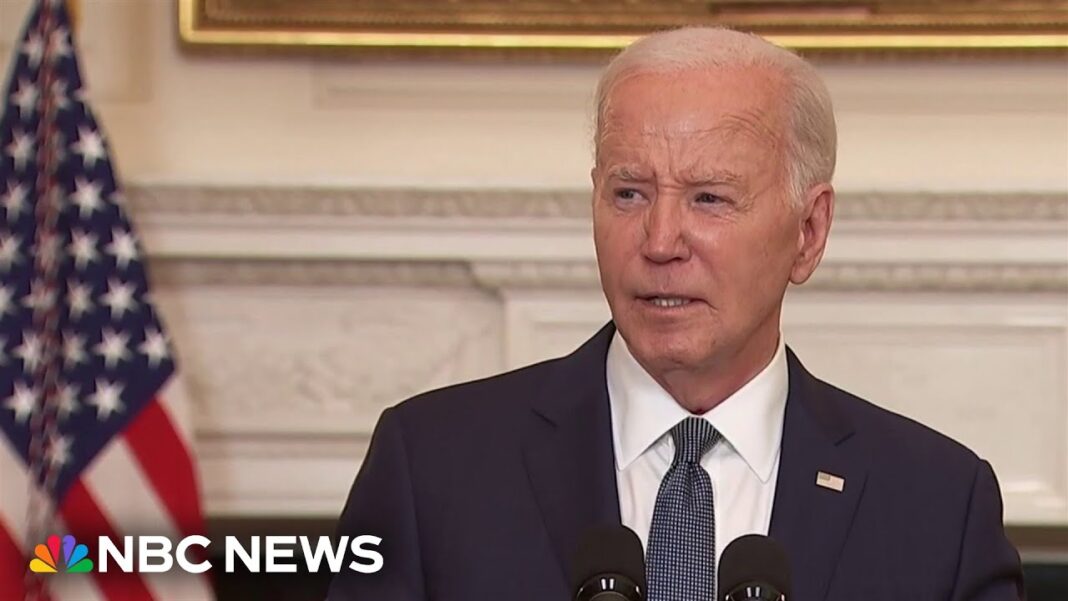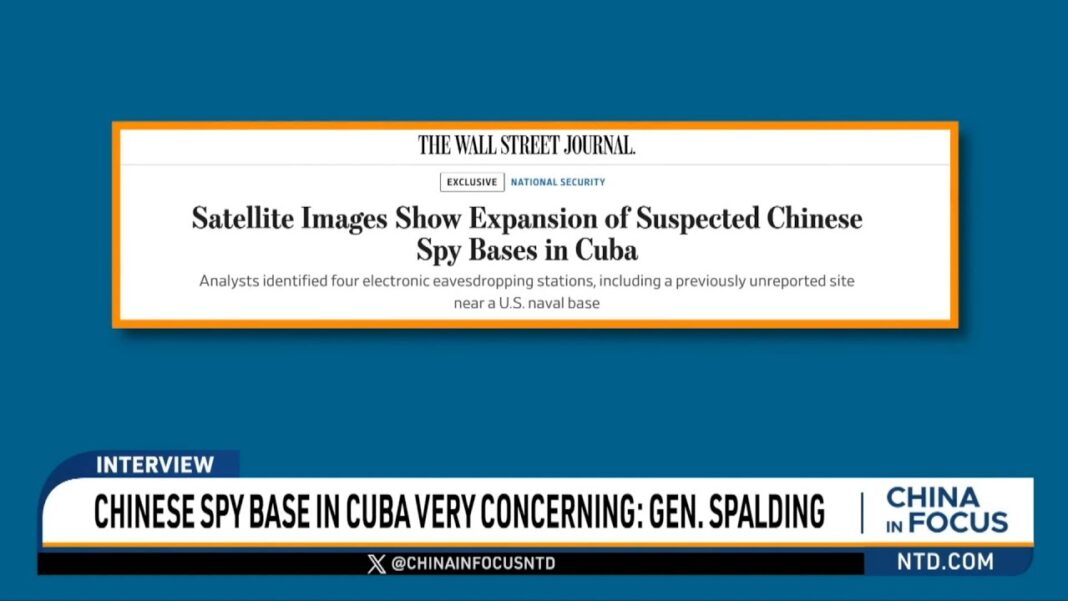The victims are being lied to about a clean energy tax incentive they may end up having to pay back, with penalties.
The Internal Revenue Service (IRS) is warning taxpayers of a new scam involving the purchase of clean energy tax credits.
In a notice published July 3, the IRS said it’s seeing cases where fraudulent tax-return preparers lie to their clients about claiming clean energy credits under the Inflation Reduction Act (IRA).
The 2022 law, passed as part of the federal government’s billion-dollar initiative to address climate and energy challenges, allows any company in any industry to buy tax credits—at a discount—from developers of wind, solar, and other clean energy projects.
It also allows individual taxpayers to buy tax credits from investments in those projects to offset their federal income tax liability.
However, there is a limit to an individual buyer’s ability to use those clean energy credits. According to the IRS, current tax regulations treat such credit as a “passive activity” credit, meaning that one can only use it to offset tax generated from one’s passive income, such as money earned from renting out a property or bankrolling a business in which one does not actively participate.
“Most taxpayers do not have passive income and a passive income tax liability,” the IRA said. “Most investment activities are not considered passive.”
To carry out the scam, fraudulent tax preparers will convince their clients to file returns claiming they have bought IRA credits that can offset income tax from non-passive sources such as wages, Social Security, and retirement account withdrawals.
The taxpayer ultimately won’t benefit from the claim, the IRS said. But the scammer may simply disappear after charging a large percentage fee of the refund, leaving the victim to deal with the consequences.
“This is another example where scammers are trying to use the complexity of the tax law to entice people into claiming credits they’re not entitled to,” IRS Commissioner Danny Werfel said in the July 3 notice.
The IRS said individual taxpayers who claim inappropriate tax credits under the IRA will have to repay the inflated credit, in addition to interest and possible penalties.
By Bill Pan





